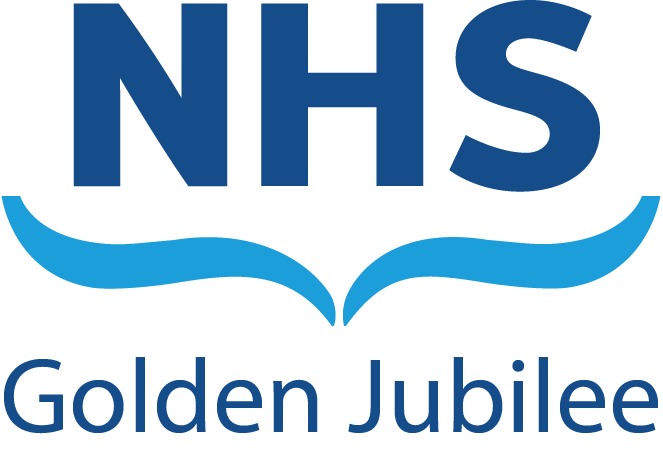Scottish Adult Congenital Cardiac Service (SACCS)
Infective Endocarditis
Infective Endocarditis is an infection of the inner lining of the heart which is caused by bacteria entering into the blood and travelling to the heart.
While this condition is relatively rare, it is a very serious condition which can lead to severe complications and in some instances can be potentially fatal.
Many patients require a long period of intravenous antibiotics (six weeks’ minimum).
In some cases, surgery will be required to repair or replace any damaged structures of your heart.
Who is at risk of Infective Endocarditis?
Patients at a higher risk of developing Infective Endocarditis include:
- People with prosthetic (artificial) heart valves
- People whom have had a previous episode of Infective Endocarditis
- People with some forms of congenital heart disease including:
- Any type of cyanotic CHD, patients that have low oxygen saturations.
- Any type of CHD that has been repaired with prosthetic material up to six months after the procedure or lifelong if there is a residual shunt (oxygen rich blood mixing with oxygen deplete blood) or valvular regurgitation (leaky valves).
Should I have antibiotics if I am going to the dentist?
There has been a change in the guidelines recently to suggest what we should do to reduce the risk of Infective Endocarditis.
If you are at higher risk then you should receive antibiotic cover for specific dental treatments, such as root canal, scaling and treatments which involve manipulation of gingival (gum) or periapical (root) region of the teeth or perforation of the oral mucosa.
We advise that antibiotics should not be taken for:
- Local anaesthetic injections into non-infected areas;
- Treatment of superficial caries;
- Removal of sutures;
- Placement or adjustment of removable prosthodontic or orthodontic appliances or braces following the removal of milk (deciduous) teeth; or
- Trauma to the lips or oral area.
Antibiotic prophylaxis is not recommended for non-dental procedures. Antibiotic therapy is only needed when invasive procedures are performed to treat an infection.
Reducing the Risk of Infective Endocarditis
To try and reduce the risk of developing endocarditis there are several things that we recommend to all patients:
- Regular dental check-ups every six months.
- Do not let gum disease or dental abscesses go untreated.
- Disinfection of cuts or grazes to prevent them becoming infected.
- Curative antibiotics for any bacterial infection.
- Avoid self-medication of antibiotics.
- Avoid piercings and tattoos.

